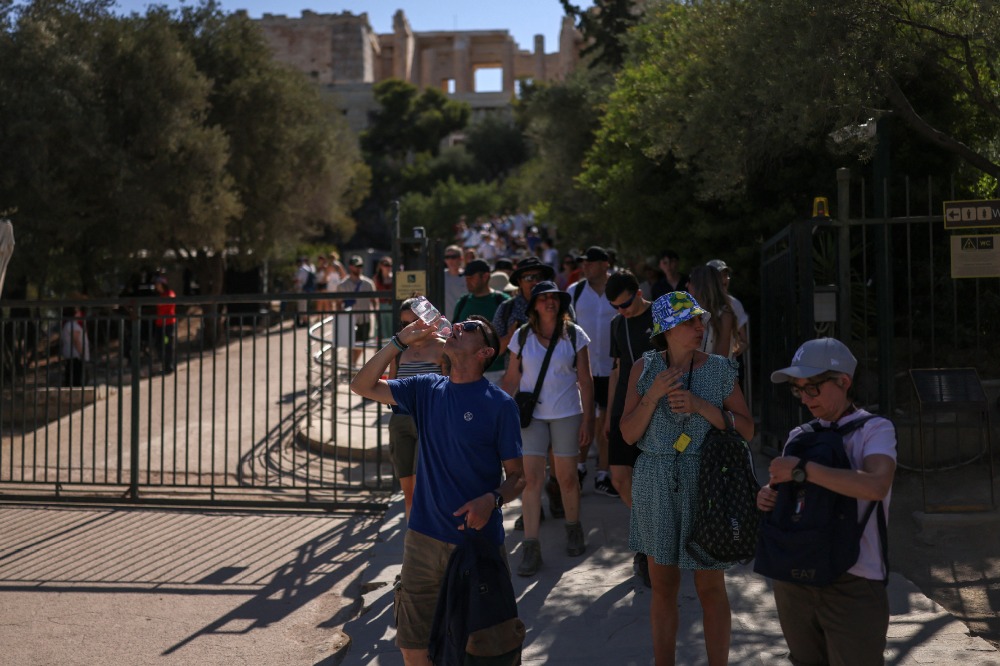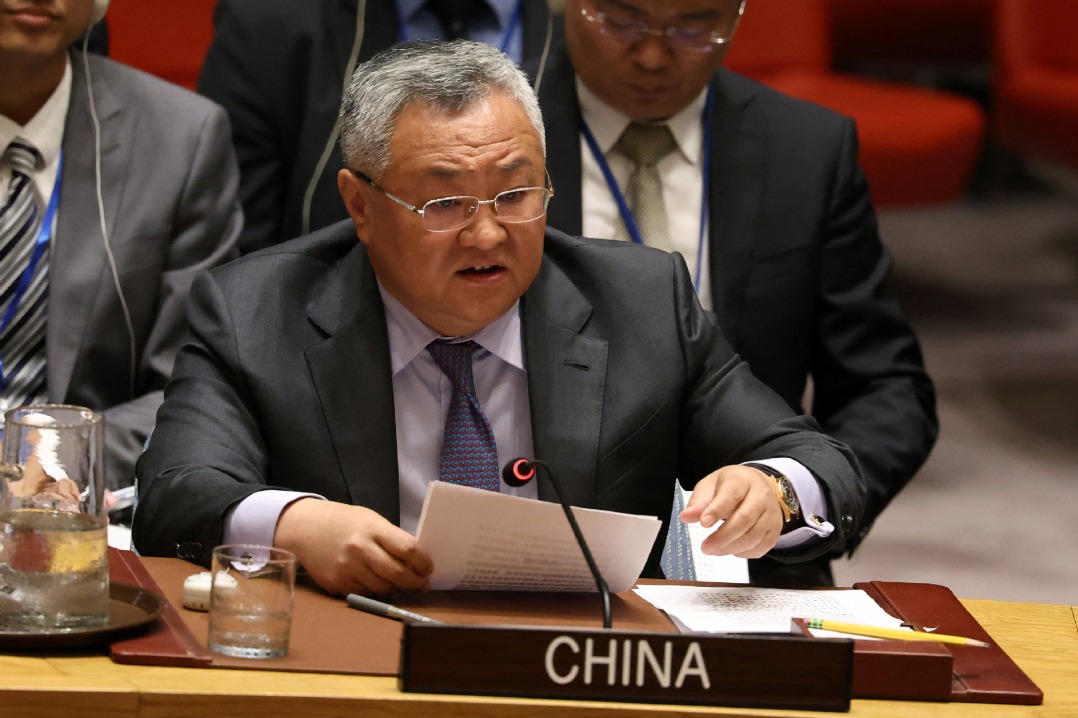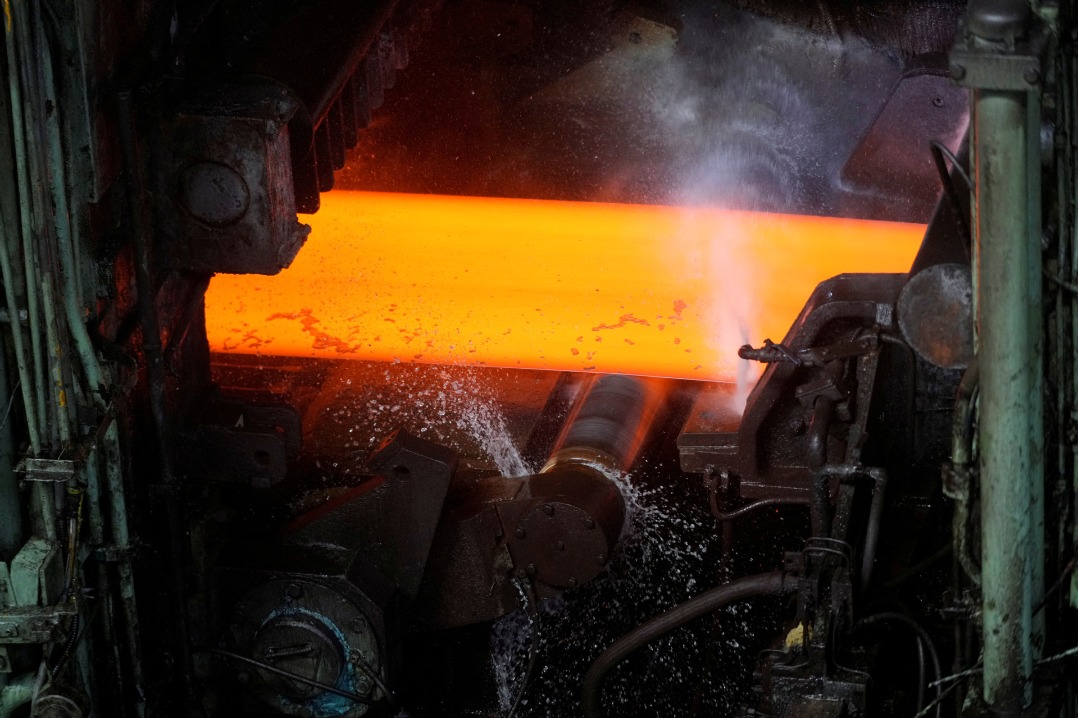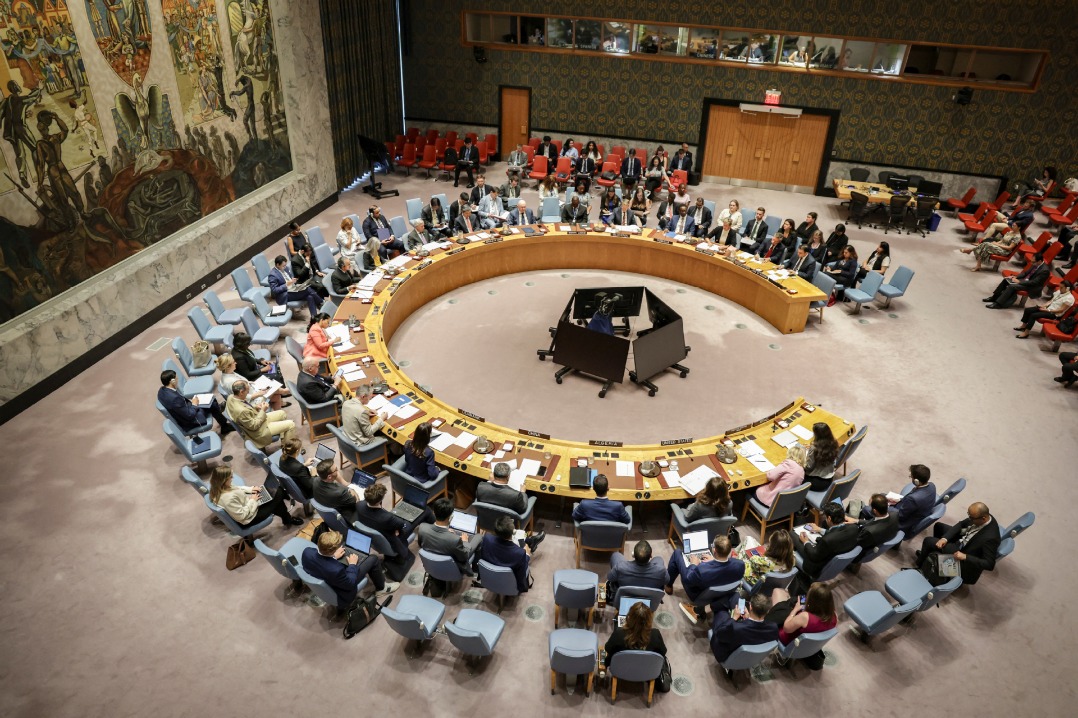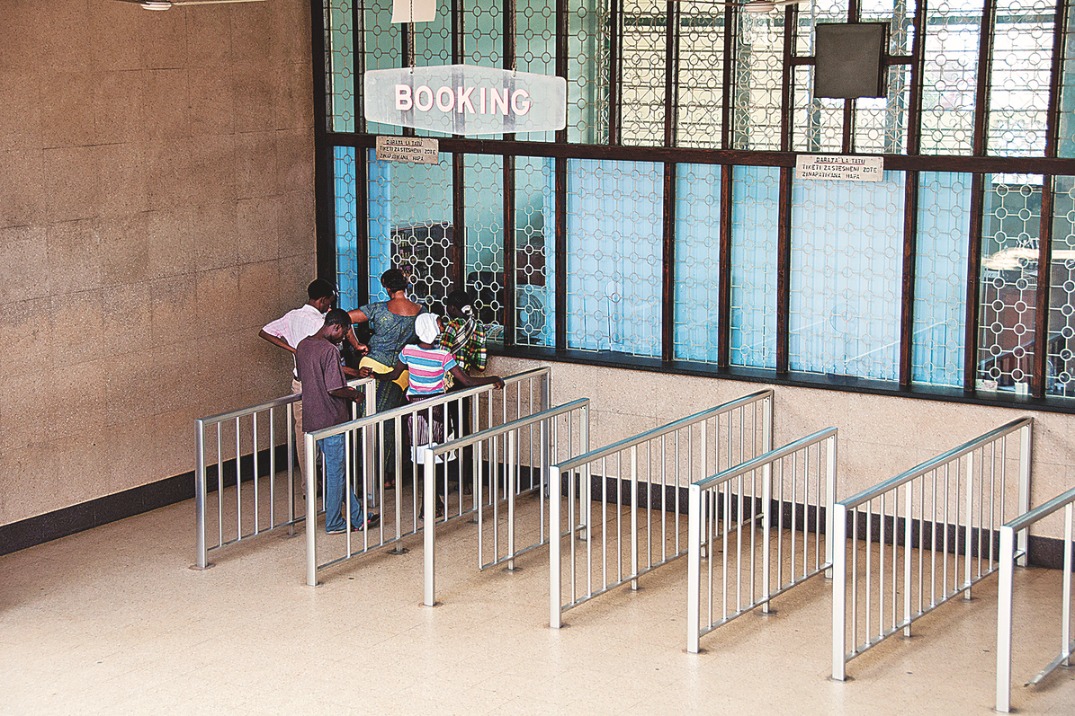US to hit EU with tariffs after WTO ruling

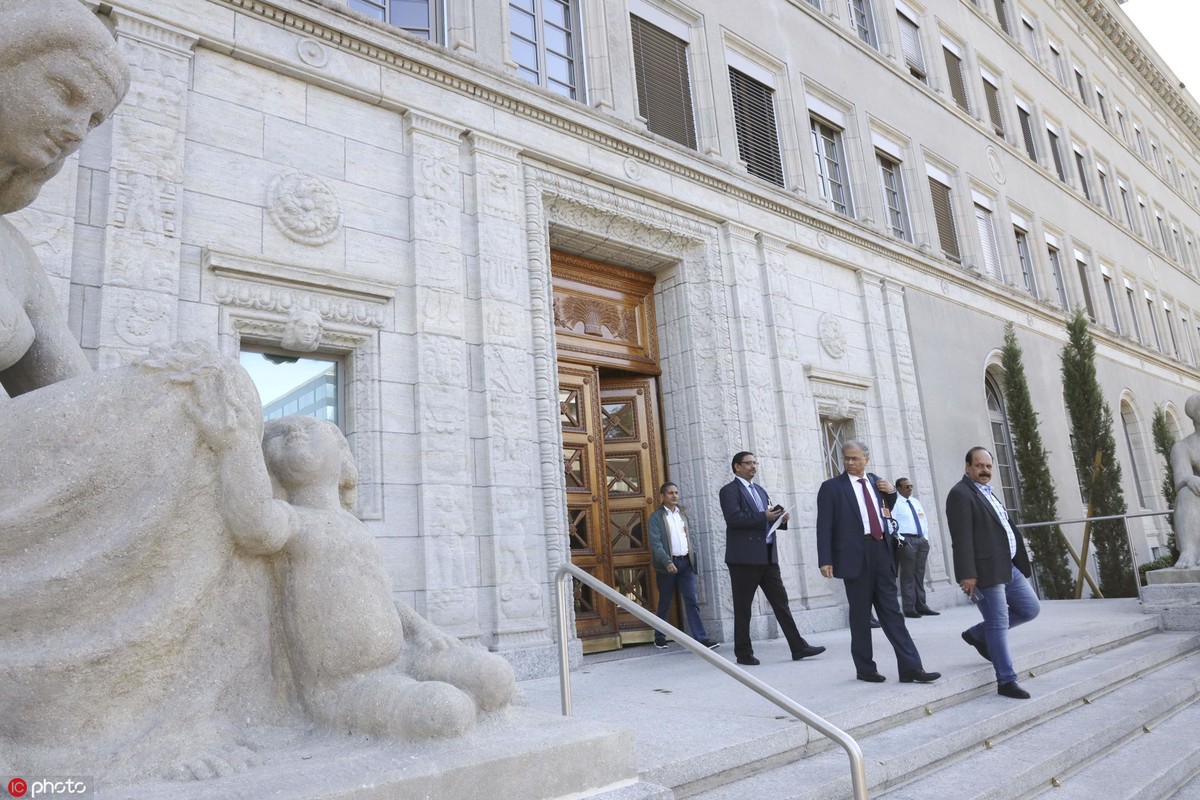
The World Trade Organization (WTO) on Wednesday ruled that European countries illegally subsidized Airbus and therefore the United States is entitled to impose tariffs on $7.5 billion of exports from the European Union.
Hours after the ruling, the Trump administration said it would impose a first round of tariffs on European aircraft, French wine and cheese, and other goods starting Oct 18.
Before the Trump administration announced it was imposing new tariffs, Cecilia Malmstrom, European commissioner for trade, said in a statement, "If the US decides to impose WTO authorized countermeasures, it will be pushing the EU into a situation where we will have no other option than do the same."
The US has a list of European goods valued at $21 billion for possible tariffs, and the EU has countered with a list of $20 billion of US exports it could selectively target.
Washington has indicated that some tariffs could hit 100 percent of the value of key imported goods.
The tariffs also could hit parts that US airlines use in commercial jets. In 2018, US President Donald Trump imposed tariffs on steel and aluminum imported from the EU. Next month, Trump is expected to decide whether to impose tariffs on EU-made cars and auto parts.
The WTO ruling ends the first round of a 15-year battle over support payments for the world's largest aircraft builders, Airbus and Boeing.
After the US filed its case with the WTO, the EU filed a counterclaim alleging Boeing had received government contracts for defense and space projects as well as tax breaks. The WTO is expected to rule on the EU's claim in the first half of 2020.
"The Airbus-Boeing battle is not helpful, but it's almost two orders of magnitude smaller than the US-China trade war," Gary Hufbauer, an analyst at the Peterson Institute in Washington, told China Daily. "My guess is that mutual retaliation between the US and the EU will become grist for the trade talks next year. Obviously, this is one more blow to business confidence, though a modest blow."
The US filed a complaint in 2004, charging Germany, France, Spain and the UK subsidized development of the Airbus A380 jumbo jet and the A350 midsized twin-aisle plane.
The WTO concluded that Airbus paid below-market interest rates and that the EU had failed "to take appropriate steps to remove the adverse effects or … withdraw the subsidy" that led to "genuine and substantial" damage to US interests. As a result, the WTO said, the US lost significant sales in the very large and twin-aisle aircraft markets.
In a statement, Guillaume Faury, CEO of Airbus, said the company "will continue working with its US partners, customers and suppliers to address all potential consequences of such tariffs that would be a barrier against free trade and would have a negative impact on not only the US airlines but also US jobs, suppliers and air travelers".
He said Airbus' supply chain in the US supports 275,000 jobs in 40 states.
In a statement, Boeing said: "Europe is facing tariffs today because Airbus has refused for years to comply with WTO rulings. Unfortunately, Airbus's non-compliance will negatively impact European member states, industries and businesses completely unrelated to Airbus's actions, as well as Airbus's airline customers. Yet even today, Airbus could still completely avoid these tariffs by coming into full compliance with its obligations. We hope it will finally do that."
















